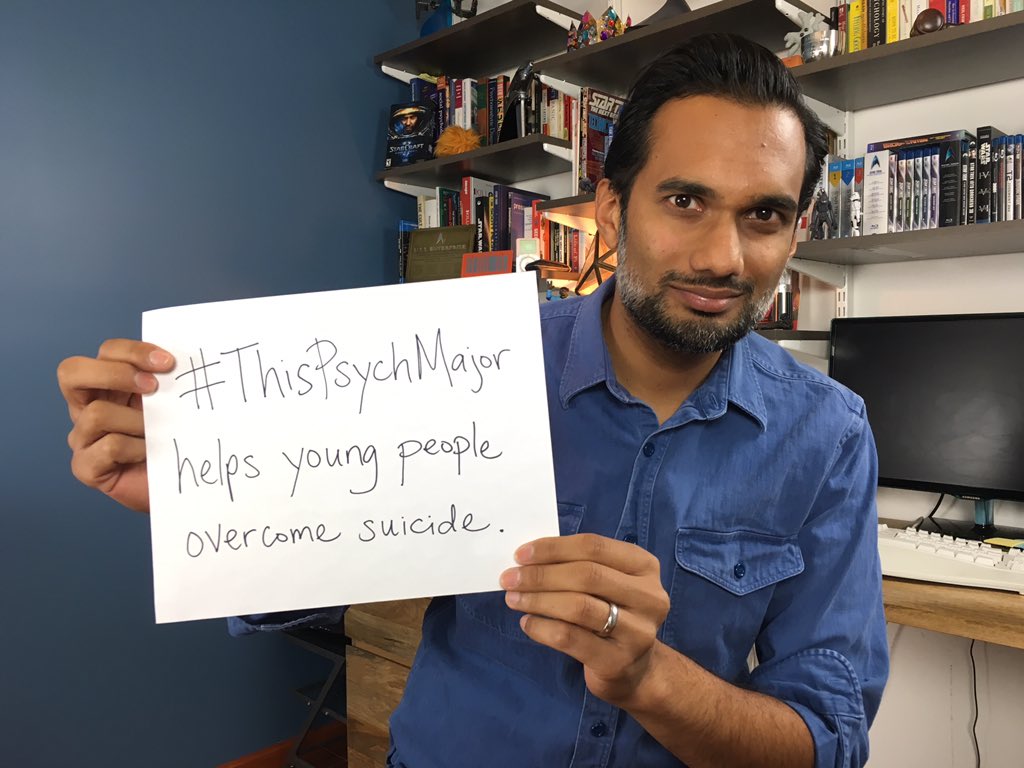If your school district is like mine, "Growth Mindset" is a pretty huge deal right now. Carol Dweck and her colleagues have come up with some pretty great stuff. I've been doing some reading and digging - and it got me to wondering - is there a place for "Growth Mindset" in the high school psychology classroom? Without jumping on a bandwagon too quickly or too furiously...I think the answer is a resounding, "Yes."
How can it be done? Here's a few ways I think we as psychology teachers can embrace growth in our classrooms, for the benefit of every kid in them. ***(I teach AP Psychology every year, and general psychology some years, so this is coming from the perspective of AP Psychology, because that's where I am in my thinking right now.)
1.
Consider every kid that walks through your door is college material or "AP caliber". Do we ALL get students we *think* shouldn't be in our class and possibly vocalize that to colleagues in moments of frustration? Students who don't work as hard as we want them to, who don't study in ways we want them to, who don't read the text, or turn work in? Sure. But to say, based on their past performance, their past behaviors or their standardized test scores that a kid "shouldn't be in AP" or shouldn't be in a College Prep class is setting them up for failure.
The data is staggering - a kids who TAKES an AP class in high school is 171% more likely to enroll in college. Even if they don't rock a 5 and boost your stats, didn't they get something out of your class? Aren't they likely more prepared for whatever they do next - be it college, tech school, work force, military, etc...?
2.
Focus of low-stakes formative assessments. AP Psychology has many opportunities for small, formative assessments that give students opportunities to demonstrate knowledge and build their base. FRQs (Free Response Questions) can be done for practice that get students in the habit of writing & relating psychological concepts to real-world applications. If your classes are like mine, despite a lot of practice, they still perform lower than I'd like them to on the national tests (a number that still freaks me out on my reports each year). Writing lots and lots of practice FRQs with no grade attached or only a small "daily work" grade attached can get kids to a point where they feel accomplished. Anyone who teaches AP Psychology can change in most student's first FRQ attempt and their last.
3.
Practice quizzes and tests Every semester I have students (especially after their first failing test grade) say, "I'm just not a good test taker." Their parents usually say the same thing a few weeks later at Parent-Teacher Conferences. And I say (to both of them), "Well, that's a skill you can develop." I am sure we ALL as educators KNOW that kids can get better at testing skills (the number of kids who take ACT or SAT Prep classes in my district is a great reminder of that) - but do we GIVE them the tools they need to get better? As part of my teacher goal/SLO/PPG (Acronym Soup) for the year, my goal was to increase student confidence on exams and their test-taking ability.
Dr. Gurung's work presented at the
EPIC Conference at UWGB this October and via the
TOPSS Webinar really motivated me to hop on the practice test train, and I have seen some great successes in test scores this past semester in AP Psychology
from students who use the practice tests. (All aren't, I know. But that is their choice.) On a recent tests, I put out a practice test on Socrative, and told kids I would give them a bonus point (like...1, literally, one point) for each time they took it. Some of them took it many, many times (and some of them struggling students) and their exam score the next day was significantly higher than they'd been scoring on past exams. With hundreds of exam questions out there on the interwebs, test banks, practice and review books, and released exams - you should easily be able to put together a cache of questions for the kids to test out their meta cognitive skills and to take the "I'm not a very good test taker" kid to "I got a 90% on that exam? Wow." (Gurung's work and research suggests mandating this and also rewarding it - much better than a mindless worksheet for them to fill in, IMHO.)
4.
Teach about Growth Mindset - Dweck and her colleagues at Stanford (
Dave Paunesku - who actually replied to my email about this!) have reported that just SHOWING A VIDEO about growth mindset (video to be released some time in 2016) can change how kids think about themselves! So - teach growth from the beginning of your course and show your students some videos and see if there's a change! Here's a few of my favorites (Hmmmm...Mindset Mondays? Motivational Mondays?):
Dweck: Developing a Growth Mindet
Infobundl: Growth Mindset
Growth Mindset Animation
Growth vs. Fixed Mindset
How do you develop a growth mindset in your classroom? What strategies work with your student population? How can you better your classroom in 2016 and allow for everyone in your class to achieve some success?
---- Posted by Amy Ramponi
PS: It snowed. 12.2 inches. Glorious.

























